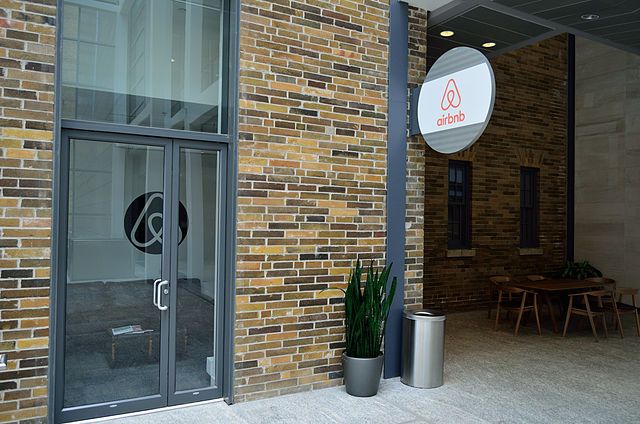
Crisis and uberisation in the Mediterranean: the development of Airbnb in Marseille, Barcelona and Lisbon
Founded in 2008, Airbnb is a digital platform for booking accommodation in private homes. In 2019, the Californian company claimed a turnover of one billion dollars based on its disruptive technological capacity and acting a global economic success of more than 60 million bookings in summer 2018 alone (Guttentag, 2013; Guttentag et al, 2017).
Most of the academic reflections on Airbnb deal with the socio-territorial impacts of the start-up in different attractive metropolises, in particular on their tourist sectors and emblematic districts, and the new practices generated by the technological developments of the new urban tourism (Fuller and Michel, 2014). Airbnb is thus studied in its capacity to hypertrophy the tourist pressure and accentuate the tension of the real estate rental stock for the historical inhabitants, as well as to accelerate the classic dynamics of gentrification through tourism. Several case studies have been carried out in New Orleans, Palma de Mallorca, Reykjavik and New York, where the tourist and party centralities concentrating the majority of Airbnb offers (Gotham, 2005; Yrigoy, 2016; Mermet, 2017; Dudas et al, 2017) are de facto transformed in their social composition and at the level of the classical functioning of the hotel market.
Mediterranean tourist cities have not been spared by the arrival of Airbnb following the example of what we have observed in Marseille elsewhere (research we have initiated in 2019 and 2020 and whose results are being written up for an international peer-reviewed scientific journal): unfair competition vis-à-vis the traditional local hotel offer, socio-urban transformation of the most touristy neighbourhoods, acceleration of a certain form of land scarcity, acceleration of the sociological replacement of the least favoured residents, progressive loss of identity of the neighbourhoods concerned by a strong Airbnb presence.
In order to take a step back and put things into perspective, we would now like to work on Barcelona and Lisbon to identify the convergences and divergences in the uberisation of the hotel sector in these two metropolises, which have been able to, or are in the process of, reacting to the development of Airbnb. Barcelona, whose "airbnbisation" has been discussed from a qualitative but not quantitative point of view (which the SoMuM study will enable us to do), has initiated the launch of the citizen platform Fairbnb, which aims to offer a "fair and sustainable" alternative to the Californian platform. Lisbon, for its part, is trying, through its Sharing City programme, to regulate and frame the new digital technologies, particularly in terms of the impacts and urban uses that they can have on these various districts.
Project coordinator
Alexandre Grondeau - TELEMMe (UMR 7303)
Duration
September 2021 to february 2023

